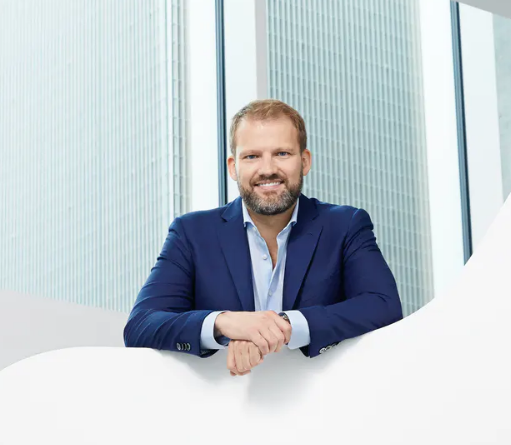VIRGINIA– Alvotech today filed a federal lawsuit (Case 1:21-cv-00589) seeking to end the monopoly that pharmaceutical giant AbbVie has long-maintained on the adalimumab market, sold as Humira. Humira is the highest grossing prescription drug in the United States with over $16 billion in sales in 2020 (nearly $20Bn globally).
Alvotech has developed a biosimilar (analogous to a generic) of Humira called AVT02, the first-filed biosimilar drug equal in strength to Humira’s latest formulation, which AbbVie markets as a high-concentration, pain-free drug. The company is also developing AVT02 as an interchangeable product and it expects results from its ongoing interchangeability study in Q2 of this year. AVT02 could save U.S. taxpayers and the overall healthcare system $8-10 billion annually.
“Our new product will be a gamechanger that will provide consumers who are suffering from chronic pain with significant savings, and we look forward to bringing this drug onto the market as soon as possible,” said Alvotech Founder and Chairman Robert Wessman.
As alleged in court today, AbbVie seeks to overwhelm Alvotech with 60+ patent claims of questionable validity in order to keep its closest competitor off the market, a tactic it has long used against other competitors. At stake are billions of dollars of cost to the U.S. healthcare system, which is largely driven by AbbVie’s significant price increases that its Humira monopoly makes possible. Later this month, AbbVie will face questions from Congress about whether the company improperly suppresses competition in order to maintain their monopoly.
As alleged in the filing, AbbVie has taken several improper steps to inflate its patent portfolio, specifically:
- patenting purported inventions that it does not use in the production of Humira;
- seeking multiple patents on the same invention but as part of different patent families in a manner designed to cause confusion;
- obtaining patents through inequitable conduct;
- by seeking patents that cover Humira already in the prior art; and
- obtaining patents on purported inventions that AbbVie did not invent.
Today, affordable biosimilars to Humira are available across Europe and in Japan, Canada and Australia. The settlement agreements that allowed launches in 2018 of biosimilars in Europe were done to delay launches of similar products in the U.S., thus allowing AbbVie the ability to maintain and even increase prices on the U.S. consumer and taxpayer.
As pointed out in Alvotech’s lawsuit, AbbVie did not invent adalimumab or the subject matter of the original patents surrounding adalimumab and its use, instead acquiring them from German BASF AG. Nevertheless, despite those original patents expiring in 2016, AbbVie has been able to extend its monopoly to 2023 and beyond by deliberately seeking to block legitimate competition.
In 2010, AbbVie developed and tested a less-painful and higher-concentration version of Humira that was as a 100 mg/ml formulation, which the FDA approved in 2015. Yet the company waited nearly three years before bringing this new formulation to the public, a strategic move meant to entrench their control over the market and hobble the competition. Alvotech has developed and is seeking interchangeability for the less-painful, high-concentration version of Humira, which will offer patients the treatment at a more affordable price point.


